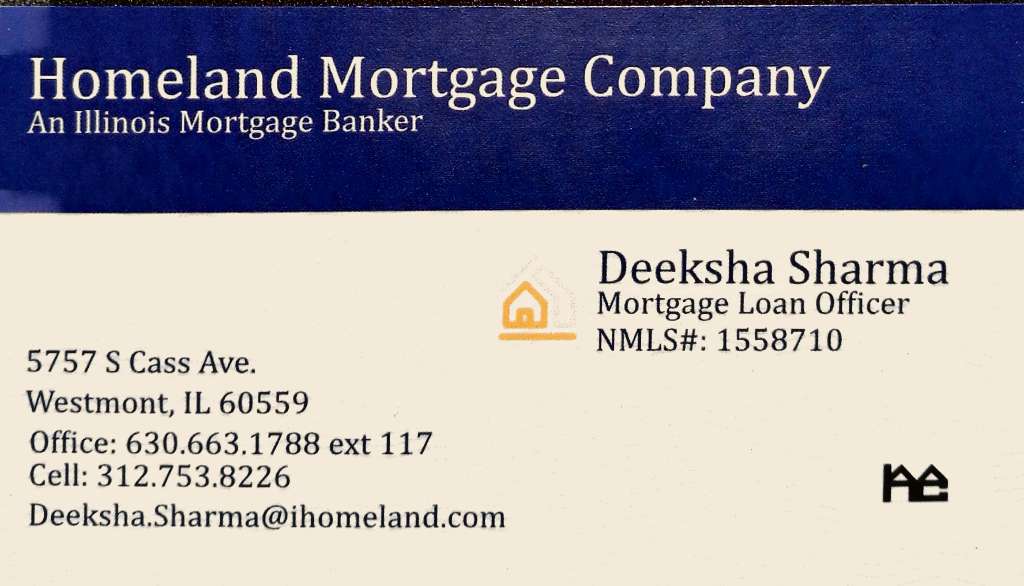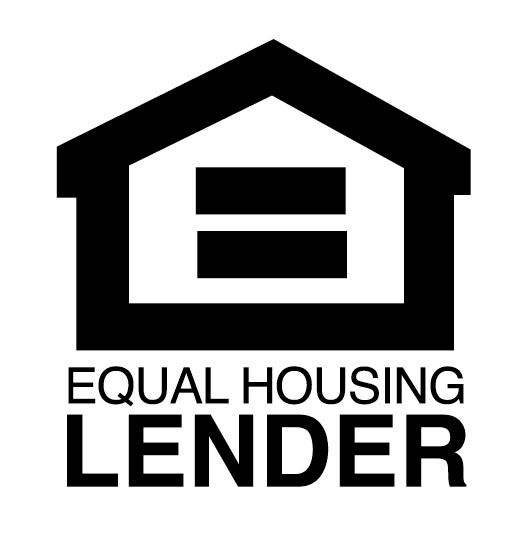
If you’re curious how much you may qualify to borrow, getting prequalified can be a valuable step in the home-buying process. It’s quick and easy to do, and depending on the type of prequalification, may not affect your credit report. You’ll need to provide some basic financial information, such as debt, income and assets. With this knowledge you’ll be able to answer: How much house can I afford? Or crunch your own numbers to estimate your monthly payment, affordability and more.
Find the perfect loan for your unique needs.
Every home buyer’s financial situation is different, so your mortgage should be tailored to fit. But with so many types of mortgages, how do you know which one is best for you?
Conventional mortgages are popular options for those with good credit. They generally have fewer restrictions than government-backed loans, but they’re not the only option. Federal Housing Administration (FHA) loans offer lower credit and down payment requirements for qualified home buyer’s. If you’re a Service member, Veteran or eligible surviving spouse, a Veterans Affairs (VA) loan could be good option for you.
There are plenty of other options, including Adjustable Rate Mortgages (ARMs) and Jumbo loans. Compare mortgage options to learn more on your own, or contact a mortgage loan officer to help you determine the best loan to meet your specific needs.
A pre-approval allows you to move forward with confidence.
If you want to show sellers you’re serious about making an offer, getting pre-approved is the way to go. It can give you an edge over other buyers in a competitive market and let you move quickly through the process once you find your dream home.
Wondering how to get a mortgage pre-approval? Unlike prequalification, it requires some extra paperwork such as W-2s, pay stubs, bank statements and tax returns. It also involves pulling your credit score and history. With this information, your lender will be able to determine your loan amount, so you can shop for homes within your price range. A pre-approval only lasts 90 days, so it’s best to wait until you’re ready to start shopping.
Complete these five simple steps to get to the closing.
Here’s what you can expect during the mortgage process, from application to closing.
Once you’re ready to apply for the loan, there are several documents you’ll want to start gathering. Since every situation is unique, the exact documents you’ll need may vary.
You’re likely to need:
- ID and Social Security number
- Pay stubs from the last 30 days
- W-2s or I-9s from the past 2 years
- Proof of any other sources of income
- Federal tax returns.
- Recent bank statements
Details on long term debts such as car or student loans
Real estate property information
Keep in contact with your lender.
During the application process, your lender may have questions or need additional information. Responding promptly to such requests will keep your application moving forward.
Be patient with the process.
Once you submit your application, a lot starts happening behind the scenes. The lender will schedule an appraisal to confirm the home’s value aligns with the purchase price. They’ll also do a title search to make sure there are no outstanding liens on the property. These steps help protect both buyer and lender.
Keep your debt in check.
Avoid taking on new debt or making other financial changes while your loan is processing. Anything that affects your debt-to-income ratio may impact your mortgage approval.
Prepare for your closing.
You’re nearing the finish line – just a few more things to do to prepare for your closing. Prior to closing you’ll receive a Closing Disclosure, or CD, from your lender showing the actual terms of the agreement and your final costs. Review these closing documents and if any questions arise, ask your lender.
You’ll also make arrangements for your down payment and closing costs. Plan to bring a cashier’s check, photo ID and proof of homeowner’s insurance with you to your closing.
Bringing it all to a close.
You’ve made it to the final step in the home-buying process. All the planning, preparation and waiting are finally over. But before you get the keys to your new home, you have one more thing to do.
At your closing, you will meet with your closing agent to sign all your mortgage documents. Take your time, make sure you understand what you’re signing and don’t be afraid to ask questions. And voilà, once you’ve dotted all the I’s and crossed all the T’s, you’ll officially be a homeowner!
The closing process doesn’t have to be nerve-wracking if you know what to expect. We can help you prepare for this exciting step, so your big day is a success.
We understand how overwhelming the home-buying and mortgage process can be. You can count on us to help you through it. Buying a home can be one of the most exhilarating – and stressful – moments of your life. But finding a home you can call your own makes it all worthwhile.


